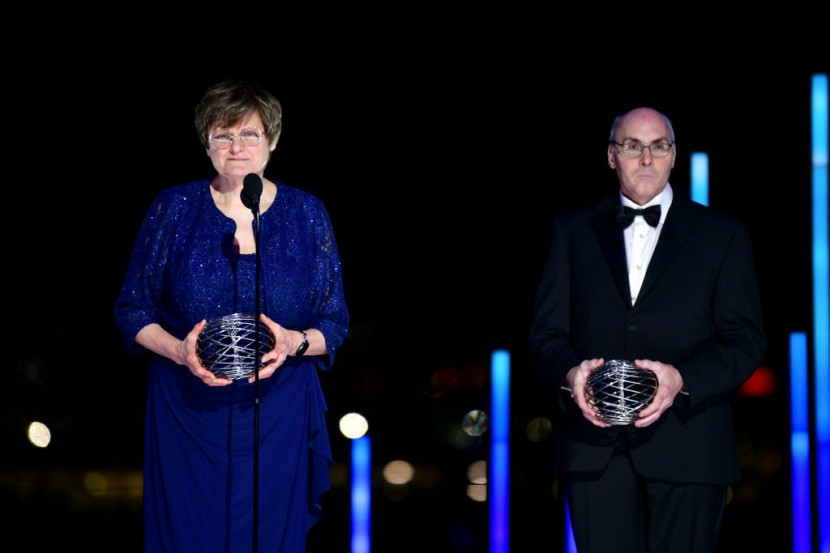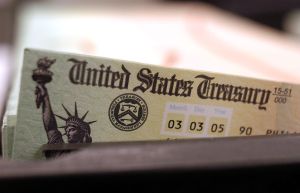
University of Pennsylvania medical researchers Dr. Katalin Kariko and Dr. Drew Weissman were announced as the recipients of the Nobel Medicine Prize Monday (October 2) for their work involving the creation and development of messenger RNA (mRNA) vaccines against COVID-19, which could potentially be pivotal in the development of future shots.
The Stockholm-based panel behind the Nobel Prize has cited the researchers for contributing to an "unprecedented rate of vaccine development during one of the greatest threats to human health in modern times."
'Groundbreaking' Discovery
Kariko and Weissman were credited for their "groundbreaking findings" which fundamentally changed the world's understanding of how mRNA interacts with the human immune system.
Traditionally, making vaccines required growing viruses or pieces of viruses in giant vats of cells or in chicken eggs and then purifying them before the next steps in brewing shots.
The duo's approach to using mRNA was the first of its kind, as they made vaccines using a snippet of genetic code that carries instructions for making proteins. By taking this approach, future researchers could be able to identify the right virus protein and use the award-winning research to allow the human body to become a mini-vaccine factory.
Kariko and Weissman also figured out a tiny modification to the building blocks of RNA that made lab-grown mRNA stealthy enough to prevent an inflammatory reaction when injected into the body.
Read Also : FDA Advisers Skeptical of Experimental ALS Treatment as Patient Advocates Push for Approval
'Game Changer'
Meanwhile, medical experts say the breakthrough in developing vaccines was a step forward in preventing future pandemics from spreading.
University of East Anglia professor of medicine Dr. Paul Hunter told the Associated Press that the mRNA vaccines were a "game changer" in helping to shut down the COVID-19 pandemic and saving millions of lives.
"If it hadn't been for the mRNA technology, COVID would have been much worse," he said. "Vaccines generally were the turning point in slowing down COVID and the mRNA vaccines were just so much better than all the others."
On the other hand, Dr. Bharat Pankhania, an infectious diseases expert at Exeter University, said that a major advantage of mRNA technology was that vaccines could be made in extremely large quantities since their main components are made in laboratories.
He explained that the technology used in the COVID vaccines could be used to refine previously-developed ones.
"It's possible that we could vaccinate people against abnormal cancer proteins and have the immune system attack it after being given a targeted mRNA shot," he added. "It's a much more targeted technology than has been previously available and could revolutionize how we handle not only outbreaks but non-communicable diseases."
Winner's Reaction
Kariko, also a professor at Szeged University in Hungary, is the 13th woman to win the Nobel Prize in medicine, and the 62nd overall since the Nobel Prize was awarded to women. Her academic partnership with Weissman at the University of Pennsylvania began in the 1990s by chance while photocopying research papers, according to Penn Today, the university's news website.
She said her husband was the first to receive the news through an early morning phone call.
"I couldn't believe it," she said. "I was very much surprised. But I am very happy."
The Nobel Prize also has a cash award of SEK 11 million ($1 million) at the behest of the prize's creator, Swedish inventor Alfred Nobel. The laureates are invited to come to Sweden to receive their awards in person at ceremonies held every December 10th, Nobel's death anniversary.
The Nobel Medicine Prize was the first of six categories that were announced this week. The physics, chemistry, literature, peace, and economics prizes will be announced in the coming days.
© 2025 HNGN, All rights reserved. Do not reproduce without permission.








